Have you ever wondered what happens to SASSA grants when someone passes away? As a social worker who’s helped many families navigate this tough time, I’ve seen firsthand how confusing it can be. Let’s break it down in simple terms and clear up some common questions.
The Short Answer: No Extra Months
Here’s the key thing to remember: SASSA doesn’t keep paying for months after someone dies. In fact, they try to stop payments as soon as they know about the death.
But how do they find out, and what exactly happens? Let’s dig deeper.
How SASSA Finds Out About Deaths?
SASSA has a smart system to learn about deaths quickly:
- Link with Home Affairs: SASSA’s system is connected to the Home Affairs population register. This means they get automatic updates when a death is registered.
- Monthly Checks: Around the 22nd or 23rd of each month, SASSA compares its list of people getting grants with Home Affairs’ records. They’re looking to see if anyone has passed away.
- Family Reports: Sometimes, family members tell SASSA directly about a death.
What Happens When SASSA Learns of a Death?
When SASSA finds out someone has died, they take quick action:
- They cancel the grant on the last day of the month the person died.
- If they learn about the death before their monthly check, no more money is sent out.
Why Timing Matters?
The exact timing of when SASSA learns about a death is really important:
- If they know before their monthly check (around the 22nd), they can stop the next payment.
- If they find out after the check but before the end of the month, the grant stops at the month’s end.
- Sometimes, if the death is reported late, one extra payment might go out by mistake.
What If a SASSA Payment Goes Out By Mistake?
Sometimes, a payment might be sent even after someone has died. This can happen if:
- The death is reported to Home Affairs after SASSA’s monthly check.
- There’s a delay in updating records.
In these cases, SASSA might ask for the money back. It’s important for families to know they shouldn’t spend this money if they receive it.
SASSA’s Other Ways to Keep Records Updated
SASSA doesn’t just rely on death reports. They have other ways to make sure they’re only paying people who should get grants:
- Regular Reviews: SASSA often checks on people getting grants. They do this face-to-face, not online.
- Must Show Up in Person: If someone can’t come in person for a review, SASSA might suspect something’s wrong.
- Checking for Changes: These reviews also help SASSA know if someone’s situation has changed and if they still need the grant.
What Families Should Do?
If you have a family member who was getting a SASSA grant and has passed away, here’s what to do:
- Report the Death Quickly: Tell Home Affairs as soon as you can. This helps stop extra payments.
- Contact SASSA: It’s a good idea to let SASSA know too, just to be sure.
- Don’t Spend Extra Money: If an extra payment comes through, don’t use it. You might have to give it back.
- Ask Questions: If you’re not sure about something, it’s okay to ask SASSA for help.
Why This Matters?
SASSA’s system for stopping payments after death is important for a few reasons:
- It helps make sure grant money goes to people who need it.
- It stops people from wrongly using a dead person’s grant.
- It helps SASSA manage its budget carefully.
Wrapping Up
Dealing with money matters after a loved one dies is never easy. But knowing how SASSA handles grants can make things a bit simpler. Remember:
- SASSA aims to stop payments right after a death.
- They use smart systems to find out about deaths quickly.
- Sometimes mistakes happen, but they try to fix them fast.
If you’re ever unsure about a SASSA grant after someone has passed away, don’t hesitate to ask for help. It’s always better to get the right information and avoid problems later.
Have you had any experiences with SASSA grants after a family member died? Understanding how it works can help us all support each other better during tough times.

I’m Anele Zulu, a South African social worker dedicated to serving my country’s most vulnerable. With my degree and field expertise, I empower underprivileged communities through compassionate support and tireless advocacy on this website. My goal is simplifying access to services so families can uplift themselves

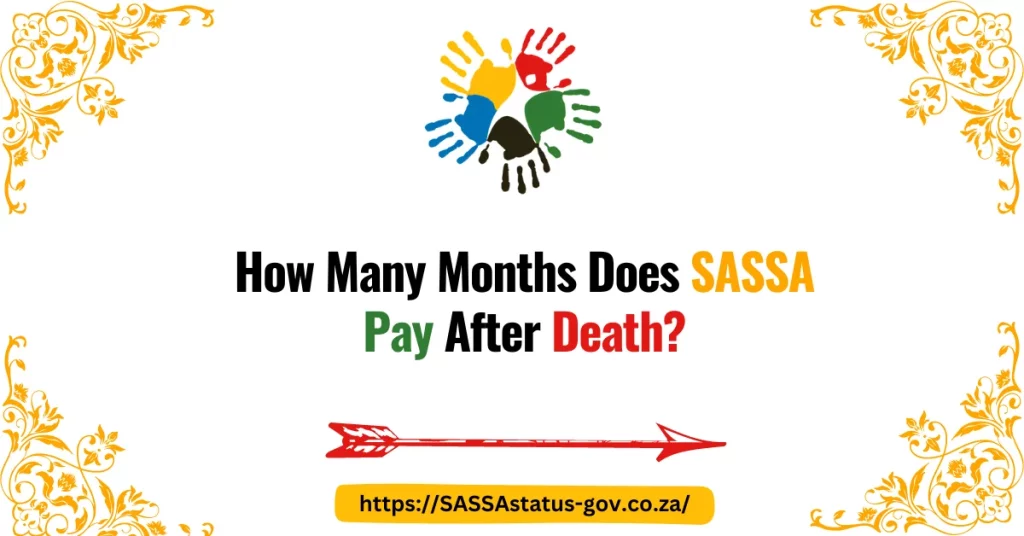
![SASSA Grants Types in South Africa [2024] - [Ultimate Guide] The Complete Guide to SASSA Grants Types in South Africa](https://sassastatus-gov.co.za/wp-content/uploads/2024/02/The-Complete-Guide-to-SASSA-Grants-Types-in-South-Africa.webp)
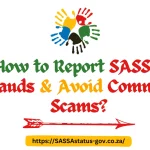
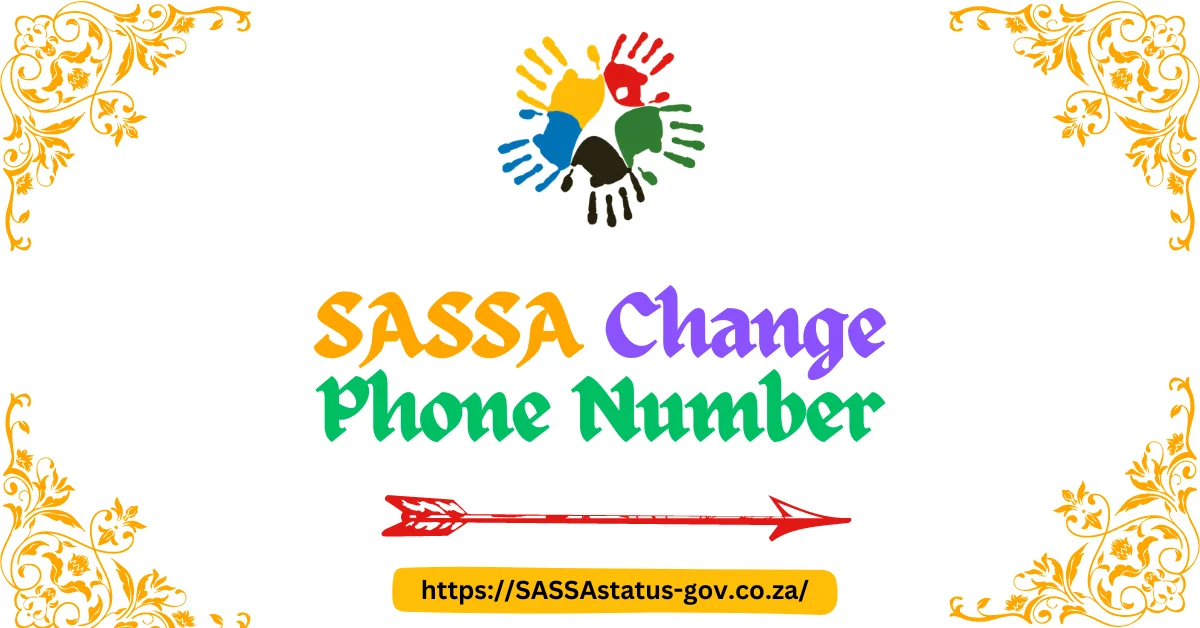
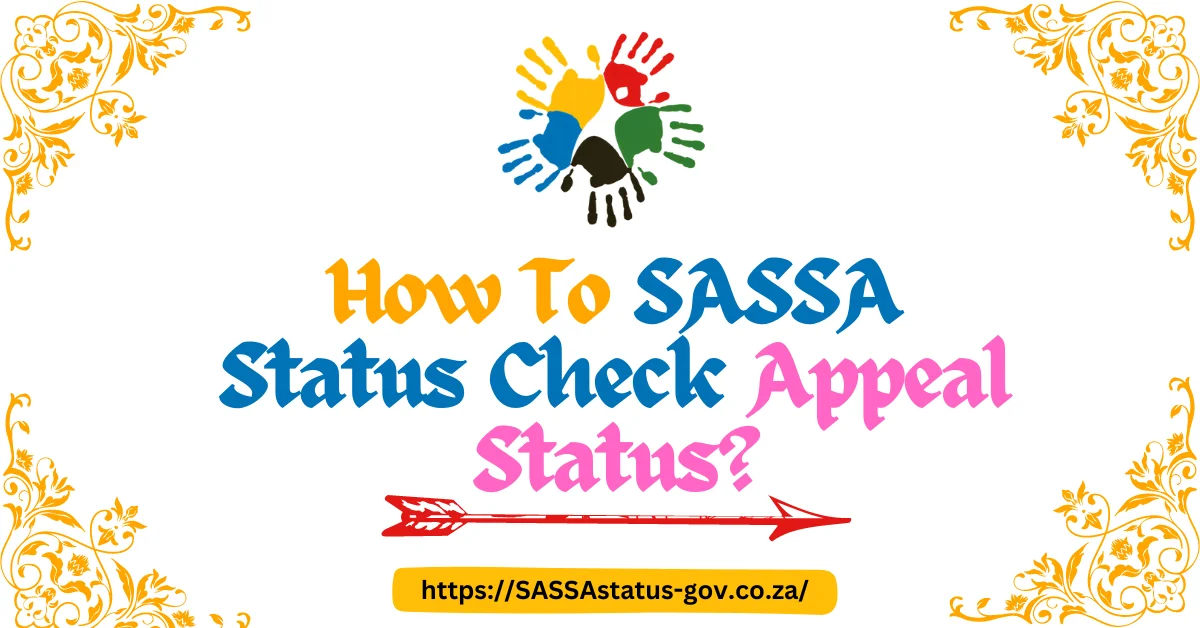
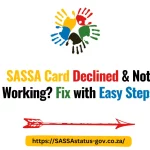
![SASSA Reapplication for r350 (Now R370) SRD Grant Online [2024] Reapply for SASSA R350 Grant After Rejection: Step-by-Step Online/In-Person Guide. Check Application Status, Reapplication Requirements.](https://sassastatus-gov.co.za/wp-content/uploads/2024/05/SASSA-Reapplication-for-r350-Now-R370-SRD-Grant-Online-150x150.webp)
